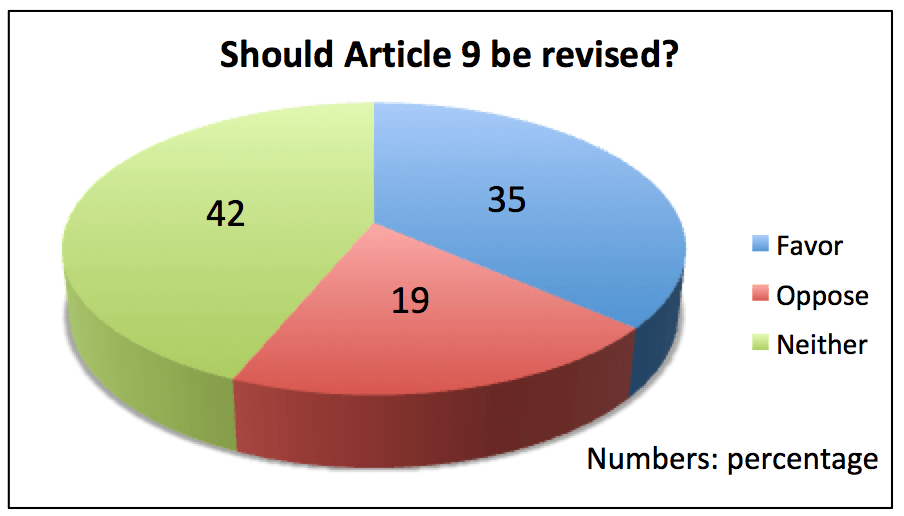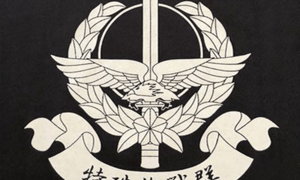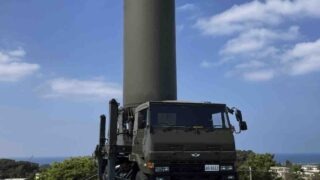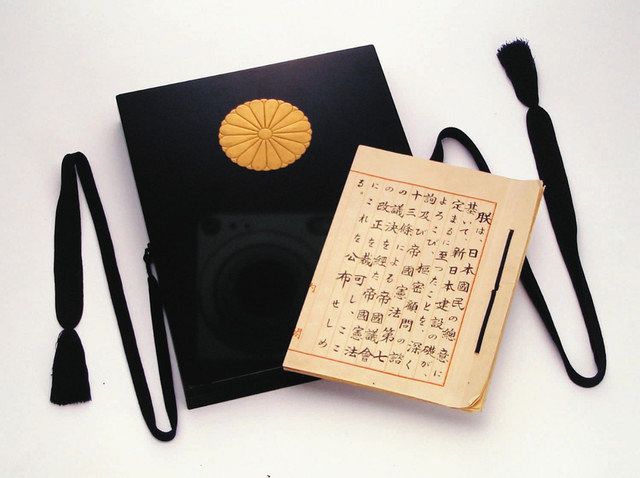Widely Accepted by the Public
So, how was this new Constitution received by the general public?
It is safe to say that, expect for the right and left factions who commonly voiced their opposition based on different motives, the majority were astonished by its “liberal” nature, but simultaneously showed a receptive attitude.
Following a brutal defeat and series of radical reforms, the people were willing to accept just about anything. Combined with the harsh reality of struggling to put food on the table, the ordinary citizen simply could not afford the luxury to be engaged in politics.
Certainly, such reforms were regarded as “radical” at the time, but there was no reason to oppose something that would extend and guarantee their basic human rights.
That being said, the legitimacy of an “imposed” Constitution and Article 9 prohibiting the use of military force did sparked controversy, with the latter especially becoming a focal point of debate up to this day.
Nonetheless, the overall majority accepted its existence whether out of apoliticism or adaptation, and the Constitution has secured its stable position in modern day Japan.
Yes, we acknowledge the historical fact that Japan’s Constitution is originally US-made, but that does not necessarily degrade its value. Some things are best kept and utilized regardless of its origin.
Just like the Meiji Restoration, where Japan quickly assimilated foreign technology and culture, Japanese have a tendency to skillfully adopt ideas which they deem suitable, beneficial, or instrumental.
This can be related to the American-Made constitution, as the general public approved its existence over the time despite the question of legitimacy.
Amendment is Unlikely?
While the majority accepts the current Constitution, there are constant calls for amendment by the conservative factions (Interestingly, the conservatives are the ones who push for amendment whereas the liberals try to maintain the status quo).
As previously mentioned, the main debate centers around the revision of Article 9, which clearly states the renunciation of war and a total ban on armed forces, though Japan possesses a formidable de-facto military (Self-Defense Forces).
One would think resolving this inconsistency is a natural cause for amendment. However, regardless of periodical debates by conservatives and liberals alike, political enthusiasm seems to be absent from the public.
After all, it’s not like the discrepancy between Article 9 and existence of a de-facto military affects the average citizen’s daily life.
As a more intriguing factor, one can point out a general preference towards the status quo, even if the situation is contradictory in nature. Perhaps this is more accurate to be referred as “subconscious ambiguity” which seems to flow among the Japanese people.
When confronted with a Yes or No situation, it is common to pursue a third option of “neither” or a compromise in order to maintain harmony.
 Public opinion poll of 2023 (data obtained by NHK, graph made by author)
Public opinion poll of 2023 (data obtained by NHK, graph made by author)
In essence, the majority of Japanese are politically moderate while possessing a cautious approach towards any major changes, which can be considered as an inevitable reaction reflecting the lessons learned from pre-war mistakes.
Unless another compelling event occurs, such as the arrival of Commodore Perry in 1854 which ultimately led to the Meiji Restoration or the utter defeat of 1945, the Japanese in general will continue their aversion towards drastic policy change including Constitutional reform.




-320x180.jpg)















Comments